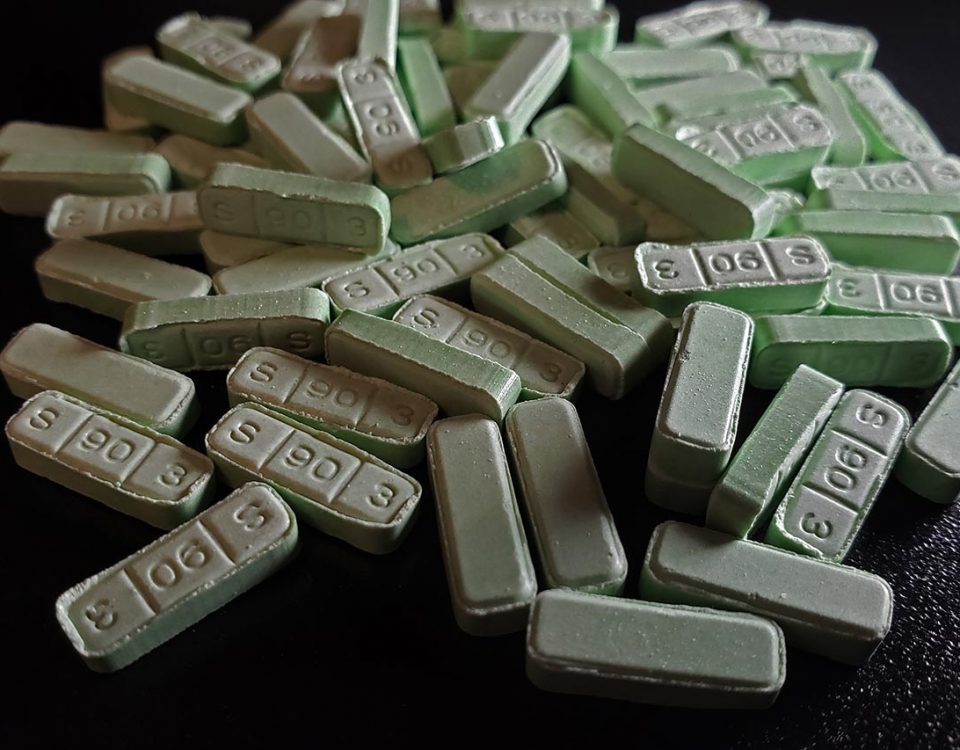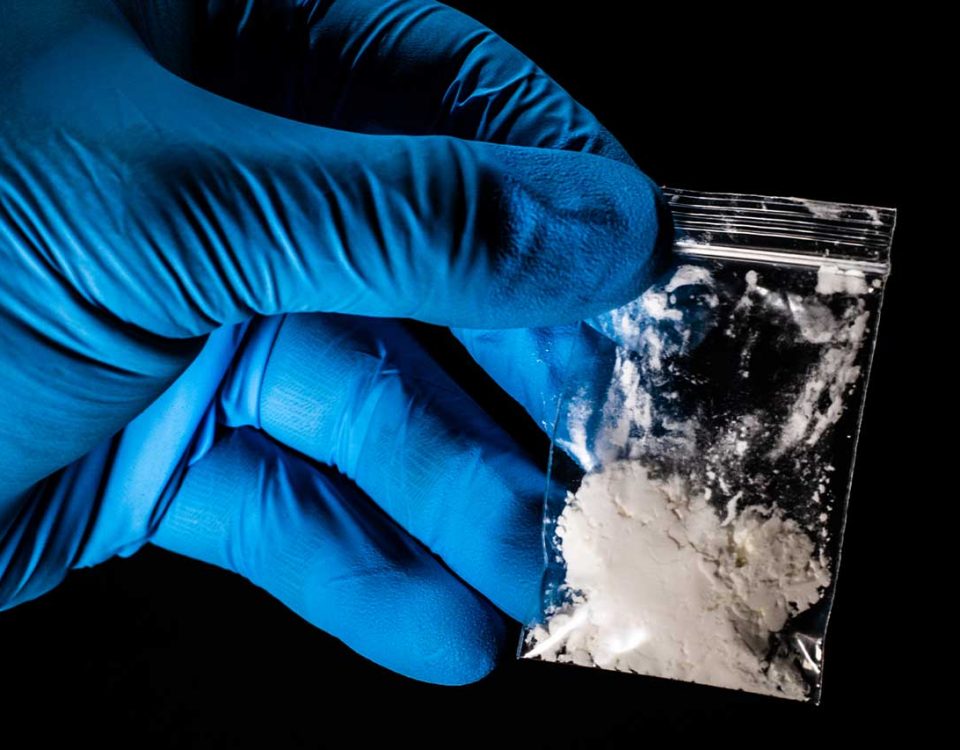Heroin is a dangerous drug that many people turn to after becoming addicted to prescription painkillers. The drug costs people more than their lives, families, workplaces, and a toll on the community. At Banyan Treatment Centers Massachusetts, we are committed to working to end this epidemic. If you suspect that an employee needs heroin addiction treatment at a Massachusetts rehab center, we encourage you to connect with our treatment professionals, who can offer the support necessary for recovery.
The Dangers of Addiction in the Workplace
Addiction, particularly heroin addiction, offers dangerous risks at work that affect many people in addition to the addict. Heroin is a highly addictive opioid that swiftly impairs a person's cognitive function, ability to make decisions, and capacity to perform their job. Employees addicted to heroin may exhibit erratic behavior, experience mood swings, and perform less successfully, which can disrupt the workplace. Their unpredictable actions endanger their own safety and their coworkers' safety because errors in judgment and coordination can result in mishaps and harm.
Additionally, the constant urge to satisfy their addiction could result in theft or unethical behavior, harming the company's money and reputation. As a result, heroin addiction has risks that go beyond personal difficulties and affect team interactions, corporate culture, and overall organizational success.
Beyond the immediate operational dangers, heroin addiction at work negatively affects workers' personal lives and the lives of their families and the larger community. Addiction, stress, and strain can cause absenteeism, an increase in sick days, and a greater turnover rate, destabilizing the workforce and delaying project completion dates. Additionally, the presence of addiction can contribute to a toxic workplace by encouraging mistrust and reducing morale among workers who may be forced to pick up the pieces of the addict's incomplete projects.
The impacts extend beyond the four walls of the workplace, as the spillover into personal lives can result in strained bonds with family members, financial difficulties, and difficulties with one's mental health. In order to protect the wellness and productivity of the entire workplace community, addressing the risks of heroin addiction at work necessitates a comprehensive strategy that combines education, prevention, and assistance.
Signs of Heroin Addiction
Before helping an employee find heroin addiction treatment in Massachusetts, you must first recognize the signs of heroin addiction. Heroin is a depressant that works by relaxing the central nervous system, resulting in a variety of signs and indicators of use. This includes:
- Dilated pupils
- Flu-like symptoms
- Lack of hygiene
- Mood changes
- Shallow breathing
- Sweating
- Track marks
- Tired appearance
In the workplace, heroin abuse can have several indicators. The biggest are behavioral and physical changes. Coworkers may report a change in the employee’s mood, citing increased irritability or drowsiness. Physical changes, such as extreme weight changes or track marks, can also indicate heroin abuse.
Helping an Employee Get Sober
The best thing businesses can do is connect their employees with reliable sources for heroin treatment. At our Banyan rehab in Massachusetts, we provide a drug detox partnership, tailored addiction treatment, and alumni care to treat the dangers of heroin abuse. Additionally, our facilities offer a wide range of therapy programs. Each is intended to act as a tool on the belt of our patients and treatment professionals, offering a succinct form of guidance throughout the recovery process.
During these sessions, patients can take a clear look at the disease they suffer from and how it affects them, along with addressing any unresolved trauma that could be a contributing factor. This is all done with the sincere hope that a person can leave our facility with a new outlook on life, paired with better coping strategies that work to prevent future relapse. Treating heroin addiction is something that should be left to the professionals, as there are many factors that influence addiction and recovery.
If your employees need help finding sobriety, help them achieve their goals by connecting them with a treatment facility that you can trust. Our Joint Commission Accredited facility provides comprehensive Massachusetts addiction treatment for men and women alike. Call today us today at 888-280-4763 to learn more information.
Related Reading









